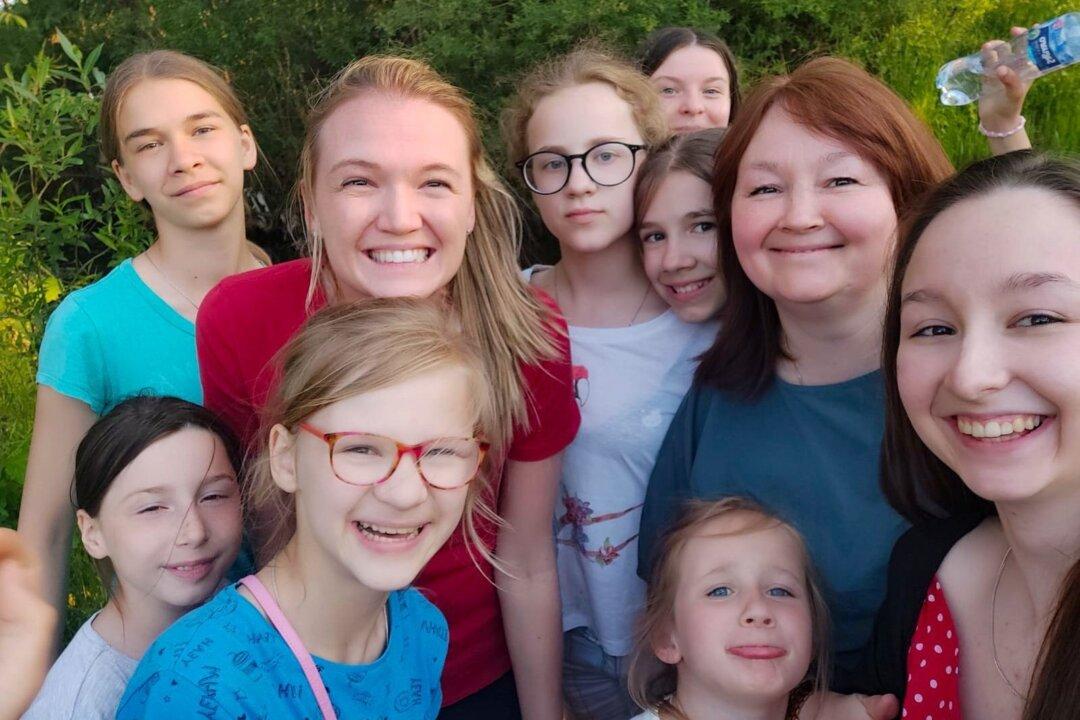Savelia Curniski has guided thousands of Canadian tourists through Ukraine, including many from Saskatchewan who are of Ukrainian descent.
Curniski’s grandparents came to Canada from Ukraine in 1904, and she is among the more than 12 percent of Saskatchewan residents of Ukrainian descent.





